Most people who know of Roger Daltry from his time in The Who would remember his spectacular performances. He turned that talent towards charity, becoming the steward of the Teenage Cancer Trust set of shows. At the end of his tenure, he stated that he didn’t think anyone was looking for a cure. Let’s examine what he means.
Stepping Down After 32 Years
Daltrey ends his time at the Teenage Cancer Trust after being there for more than three decades. He decided to donate his time and effort after his sister died from breast cancer at the age of 32.

During his time there, he arranged charity shows that included some of the best names in music over the last thirty years. He will continue as a patron of the trust but will no longer steward the organization.
No Real Cure for Cancer
Daltry has been in the space for a while, so he’s the most likely candidate to talk about cures for cancer. Yet, cynically, he says that he doesn’t see there being any cure for cancer.
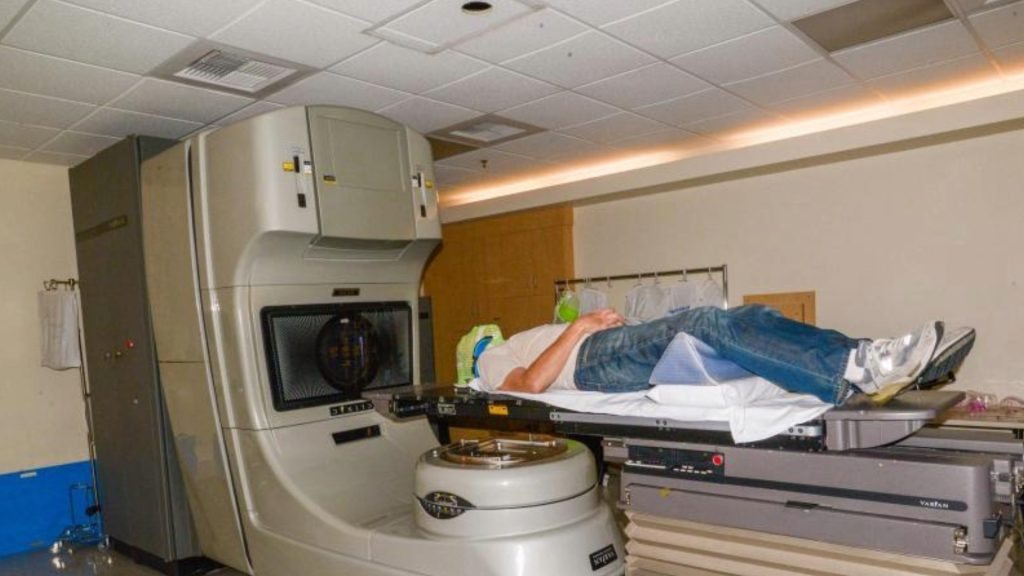
For this, he blames “Big Pharma.” He states that many scientists are dependent on cancer research for a job, and finding a cure for cancer is likely to upset the apple cart. Therefore, it’s logical to assume they’re not even looking for one.
More To Lose Than to Gain
To further underline his point, he stated in an interview that “Big Pharma” has more to lose than to gain from the decision to find a cure. Without grant money, an entire arm of pharmaceuticals will collapse.

His talking points are not new, however, but it’s shocking to see them come from someone who is closely related to cancer patients and the research that goes into helping them. They sound compelling on the surface.
No One Wants to Be Out Of Work
The former rock musician goes on to say that he can’t understand why “Big Pharma” would produce a cure when it would put so many people out of business. As a member of the music fraternity, he understands this all too well.

Yet, it underscores the idea that science is solely about profit. While that seems to be the case in some cases, it’s not true for everything. Daltrey ignores several things in his statements that change the equation significantly.
“Big Pharma” Doesn’t Even Exist
Daltrey’s statement about pharmaceutical companies and their researchers, colloquially called “Big Pharma” as a collective, denies that each company is a for-profit entity trying to compete against other companies.

To this end, any cure that the company gets will vault it to the top of an already competitive industry. Finding a cure is crucial in such an environment to ensure a company can outstrip its competitors and remain at the top of the pile.
Competitive Companies Working Together?
Another thing that the “Big Pharma” theories completely overlook is how much effort it takes to have any group of people work coherently together for a single goal. It’s nearly impossible to get competitive companies to do so.

No company will pass up the opportunity to take the industry’s lead if given to them. With all the money that’s poured into cancer research, it’s insulting to researchers to suggest a conspiracy exists.
A Simplistic Worldview
Daltrey and others who hold the opinion that “no one will invent something that puts them out of work” are typical of people who haven’t woken up to technological advancement. It ignores the competition in science and technology completely.
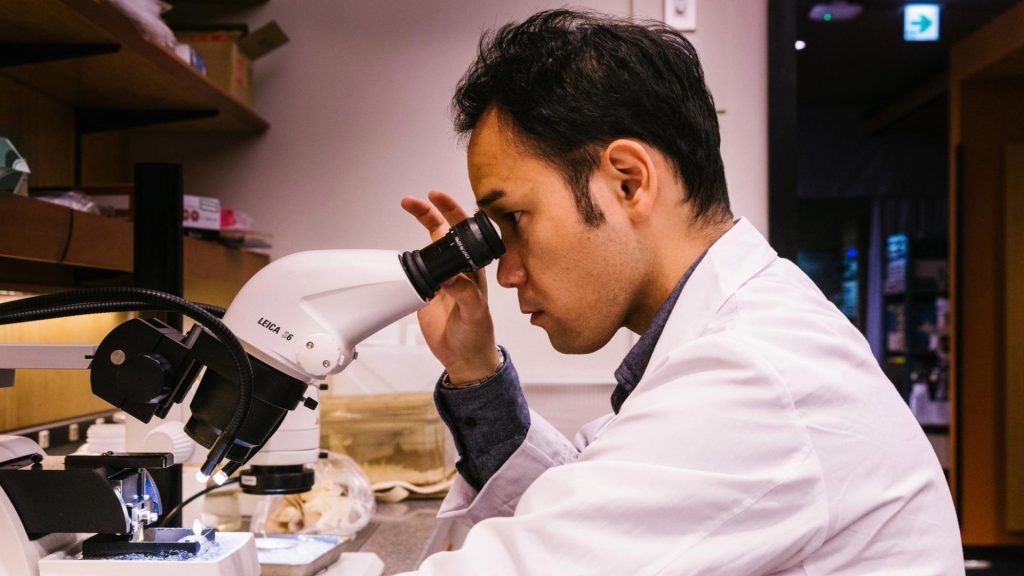
Anyone who has seen the cutthroat nature of medical research knows that no researcher would pass up the chance to release a cancer cure to the world. There’s too much recognition involved for them to sidestep the possibility.
Are Rich People Hoarding the Cure?
With so much hinging on money, maybe it’s possible that “Big Pharma” has a cure and is simply keeping it from the masses. It might be tempting to think so, especially since most people tend to hate the rich.

However, since rich people still die from cancer, the fact that a “secret” cure exists seems ludicrous. If anything, the cure for cancer is hard to find because it’s a complex disease to pin down.
Why Is Finding a Cure So Hard?
Humans have cured many diseases in their history, but what makes finding a cure for cancer so much more difficult? Part of it has to do with cancer’s nature. It’s not a disease caused by an organism but by the body itself.
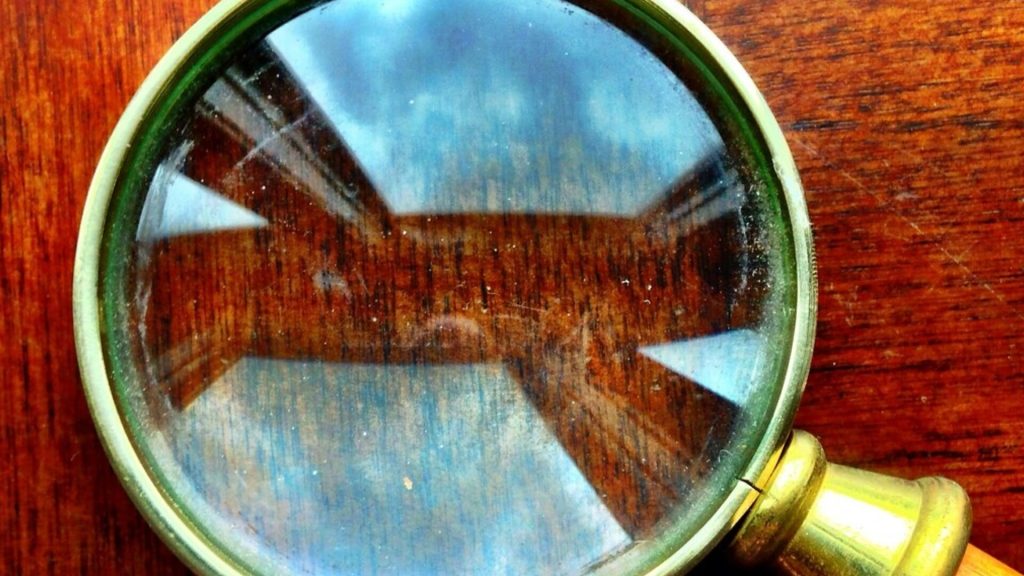
The next reason it’s so tricky is because there isn’t a single, overarching form of “cancer.” Each type of cancer occurs differently and responds to different treatment types. It lies in your DNA.
Cancer Comes from DNA Mutations
When your cells divide as you grow, they copy everything, letter for letter. Each copy mirrors the original exactly since a single mistake could cause problems. The cell has built-in error checking to make sure this doesn’t happen.
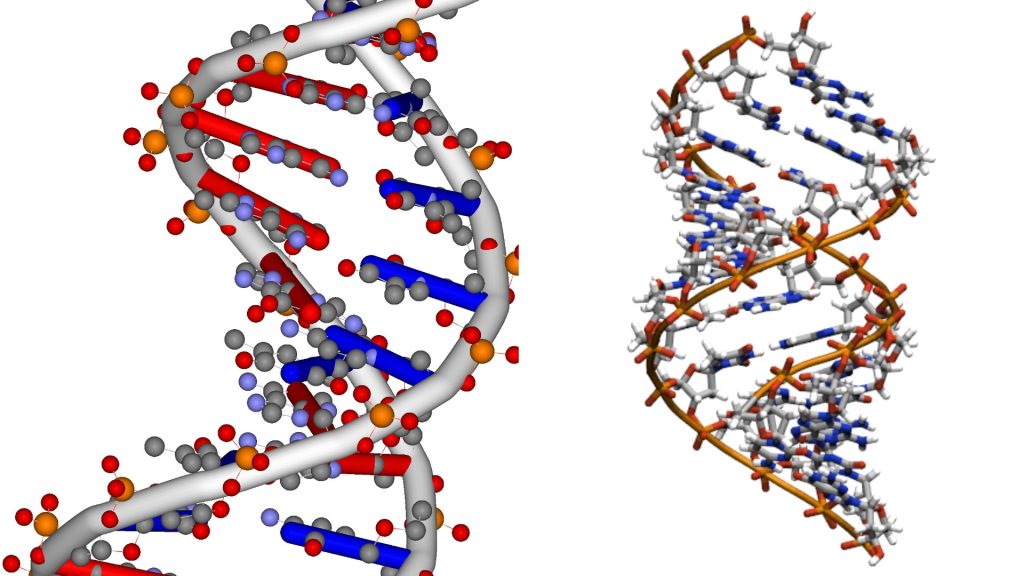
However, sometimes mutations happen within the cell. This can impact the error-checking mechanism, making it impossible to test if something’s wrong with the new cell copy. That’s where cancer gets its strength.
Kill The Bad Cells, Keep The Good Cells
Treating cancer comes from killing the bad cells (those with the mutation) and keeping the good cells. So far, the best option we have for this is chemotherapy, but even that is not 100% efficient at doing that job.
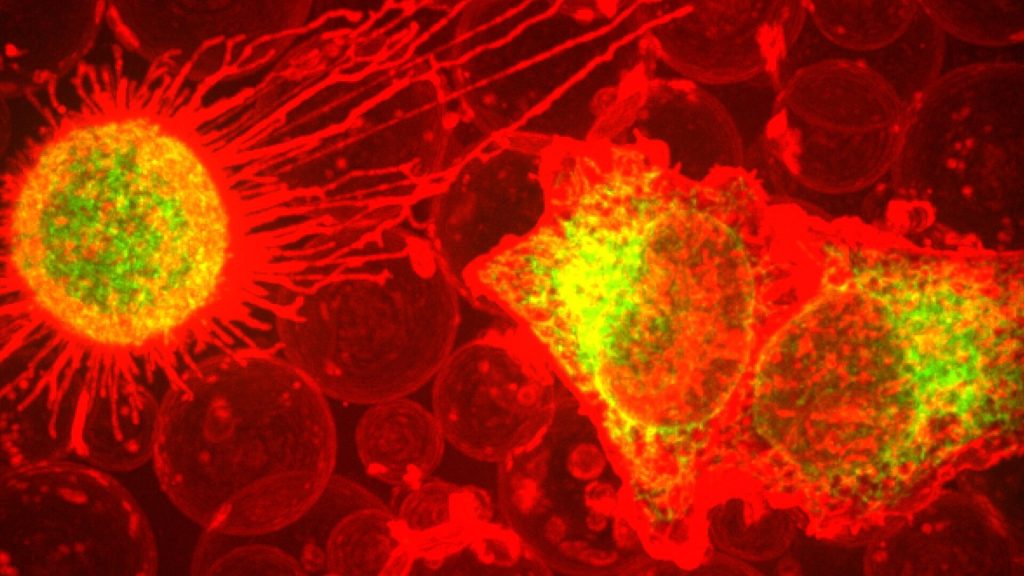
Many people who have been through chemotherapy know that it’s a grueling process that takes a lot of energy and time. There’s also a chance the cancer will come back afterward.
Mutations Can Cause a Resurgence
When chemotherapy drugs target and destroy a cancer cell, they try to kill as many of those cells as possible. Sometimes, it succeeds, but other times, it makes an even worse situation.
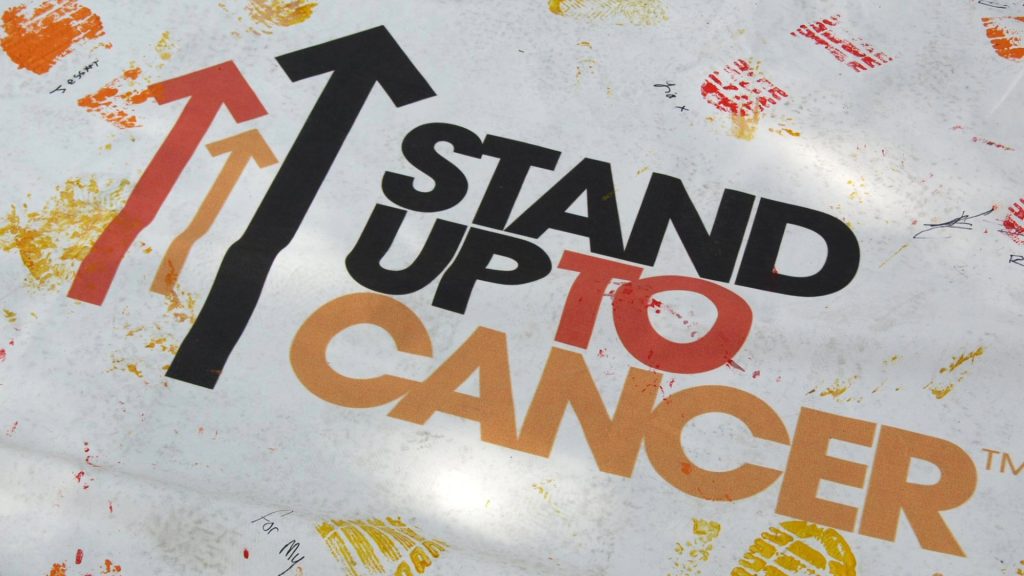
The cells that don’t die may mutate into drug-resistant forms, making them unkillable by the same drugs the second time around. In this case, finding a cure to get rid of all cancer is nearly impossible. How do you kill something that keeps changing its form?
There Is No One-Size-Fits-All Solution
One thing that most researchers can agree on is that there’s no single solution to solve cancer. With billions of dollars and millions of hours of research into the disease, we understand it a lot better.
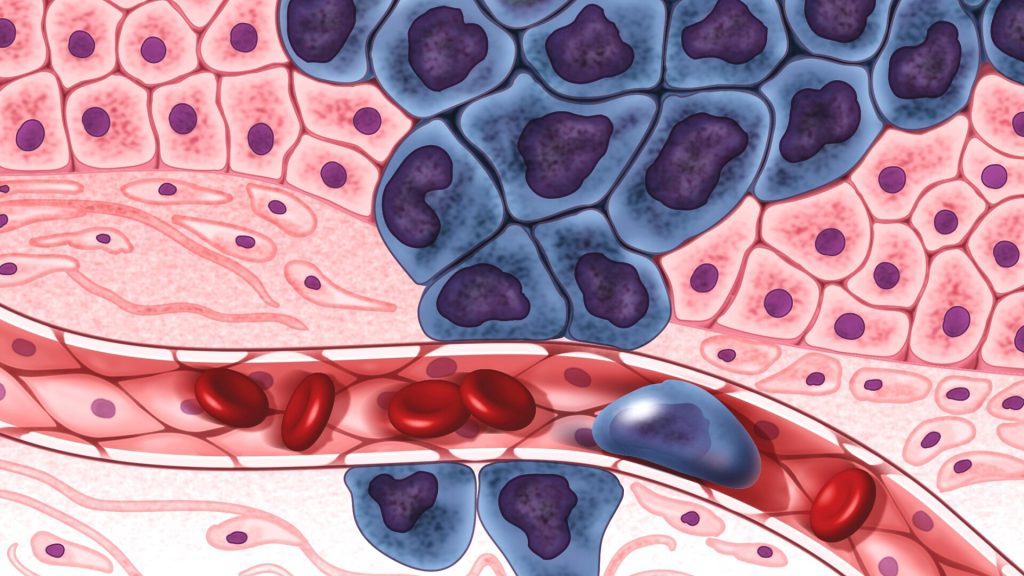
However, we also understand how difficult it is for anyone to attempt to cure it. Science has developed a lot of treatment options for some types of cancers. We even have vaccines against some of them now.
Progress Is Slow But Gradual
While cancer is not a single disease, different types of cancer share similarities. Modern science uses these similarities to use the same approach to fight different kinds of cancer.

Thanks to the slow and steady progress in the field, there is now a much better survival rate for some cancers. We can even treat some cancers today if detected early enough and eradicate them completely.
Some Parts of the Big Pharma Conspiracy Hold Water
“Big Pharma” doesn’t have a cure for cancer. Nobody is hiding secret information about a cancer cure. However, pharmaceutical companies have repeatedly shown that they don’t have the best interests of their patients at heart.

One of the best examples of this is the current opioid crisis in the US. Many of the doctors who prescribed opiate painkillers at the start of the crisis did so under the direction of pharmaceutical companies.
Alternative “Cures” Have Popped Up
Daltrey’s statements are mirrored by an entire subset of people who claim that returning to “natural” cures can help with cancer. Some even have stores set up on their pages that sell natural remedies for cancer.

Scientifically, none of these alternative “cures” work. If they did, someone would have already patented them and would be making millions off of them. However, they prey on people at their most vulnerable. And statements like Daltrey’s pop up an entire fake industry.
Who Can We Believe?
Celebrities have a terrible habit of mouthing off about things they don’t know about. Regular people fall into the trap of believing what their favorite celebrity says, even if it’s unprovable and patently wrong.

As flawed as science is, it’s our best bet for understanding the world around us, including diseases like cancer. The cutthroat nature of the scientific apparatus means that any lies are quickly weeded out and shown to be wrong. But we’d need to understand what we’re looking at first.
“Do Your Own Research“
Most people who tell you this usually direct you to a YouTube video with someone who claims to be a doctor explaining something in approachable language. However, even the average person who only understands basic science can grasp what’s going on well.
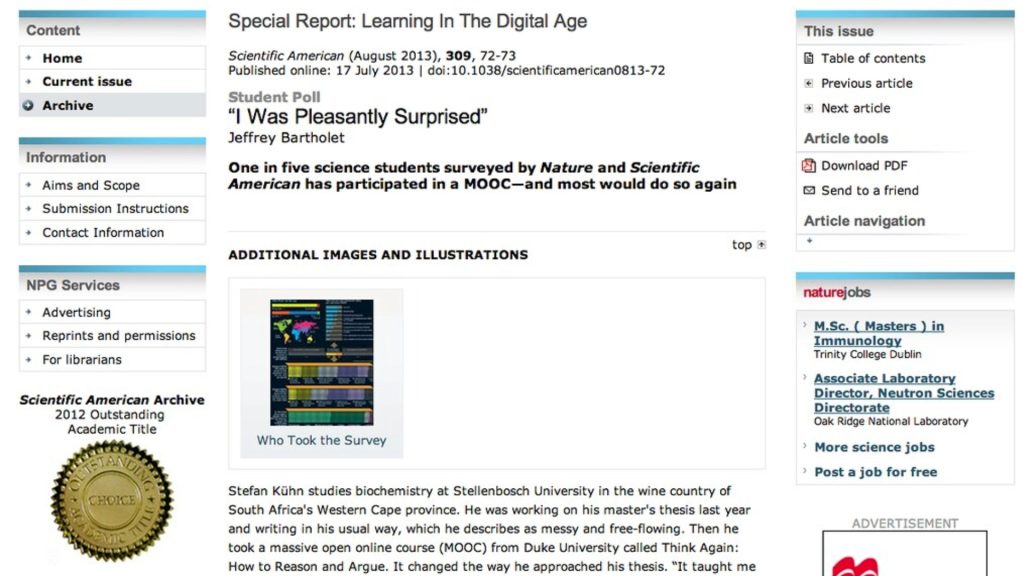
Science education and magazines have exploded in popularity. There are usually several places where people can get accurate reporting on science news as it happens if they ever decide to look for it. Finding out from actual science outlets is far better than listening to an old rock star talk about his assumptions in an interview.






